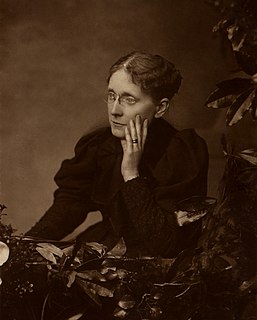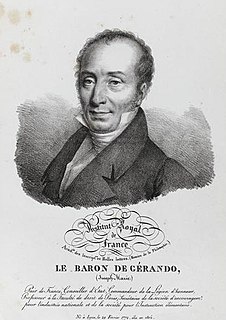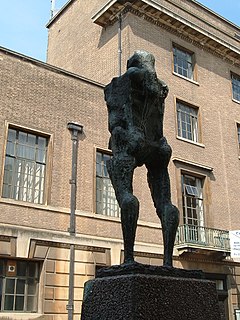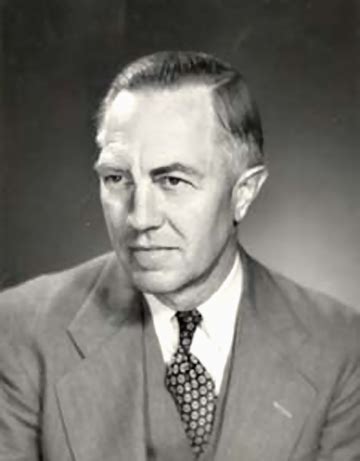A Quote by Albert Einstein
... it is a welcome symptom in an age which is commonly denounced as materialistic, that it makes heroes of men whose goals lie wholly in the intellectual and moral sphere.
Related Quotes
The objections to religion are of two sorts - intellectual and moral. The intellectual objection is that there is no reason to suppose any religion true; the moral objection is that religious precepts date from a time when men were more cruel than they are and therefore tend to perpetuate inhumanities which the moral conscience of the age would otherwise outgrow.
We continually forget that the sphere of morals is the sphere of action, that speculation in regard to morality is but observation and must remain in the sphere of intellectual comment, that a situation does not really become moral until we are confronted with the question of what shall be done in a concrete case, and are obliged to act upon our theory.
Words of divine consciousness: moral exaltation; lasting feelings of elevation, elation, joy; a quickening of the moral sense, which strikes one as more important than an intellectual understanding of things; an alignment of the universe along moral lines, not intellectual ones; a realization that the founding principle of existence is what we call love, which works itself out sometimes not clearly, not cleanly, not immediately, nonetheless ineluctably.
It is very difficult to be wholly joyous or wholly sad on this earth. The comic, when it is human, soon takes upon itself a face of pain; and some of our griefs (some only, not all, for it is the capacity for suffering which makes man August in the eyes of men) have their source in weaknesses which must be recognized with smiling com passion as the common inheritance of us all.
Philosophers have very justly remarked that the only solid instruction is that which the pupil brings from his own depths; that the true instruction is not that which transmits notions wholly formed, but that which renders him capable of forming for himself good opinions. That which they have said in regard to the intellectual faculties applies equally to the moral faculties. There is for the soul a spontaneous culture, on which depends all the real progress in perfection.
Men have gone on to build up vast intellectual schemes, philosophies, and theologies, to prove that ideals are not real as ideals but as antecedently existing actualities. They have failed to see that in converting moral realities into matters of intellectual assent they have evinced lack of moral faith.
On that day, we couldn't reach the conclusion whose hero is the strongest. And today when we are 41 years old, we can protect neither the Earth nor the women we love. We are now just the anti-heroic men, struggling with everyday life. Those boys wo wanted to become heroes... where did they all go? Whose heroes can we become at the end?





































